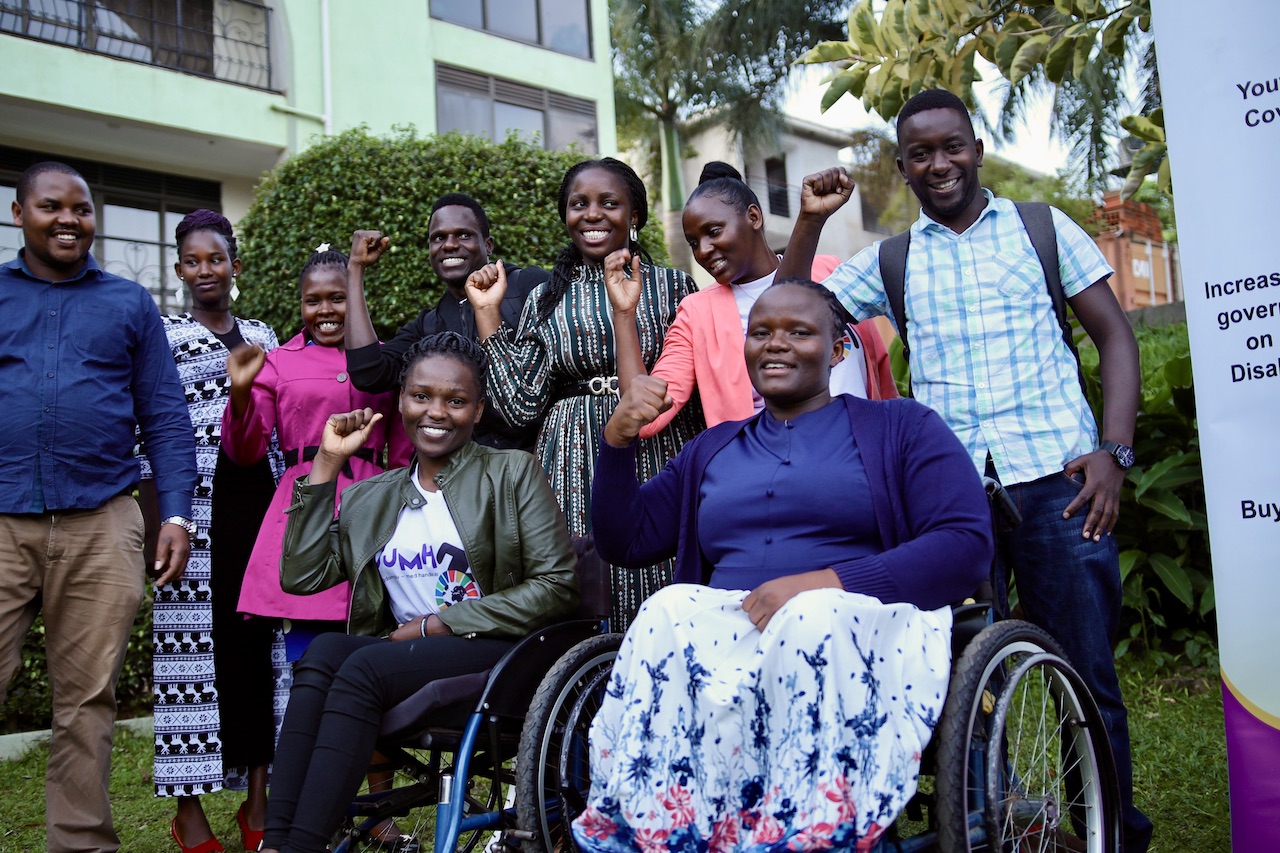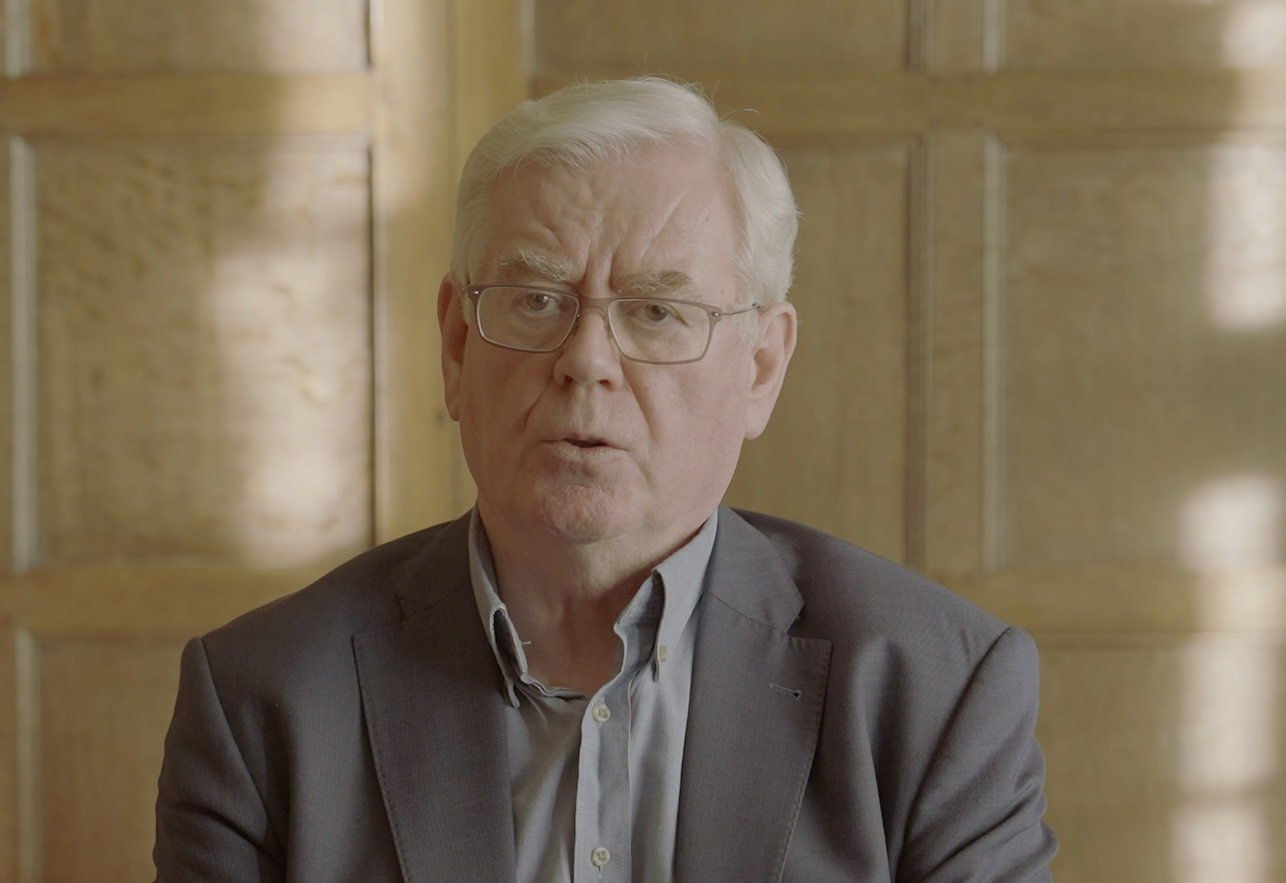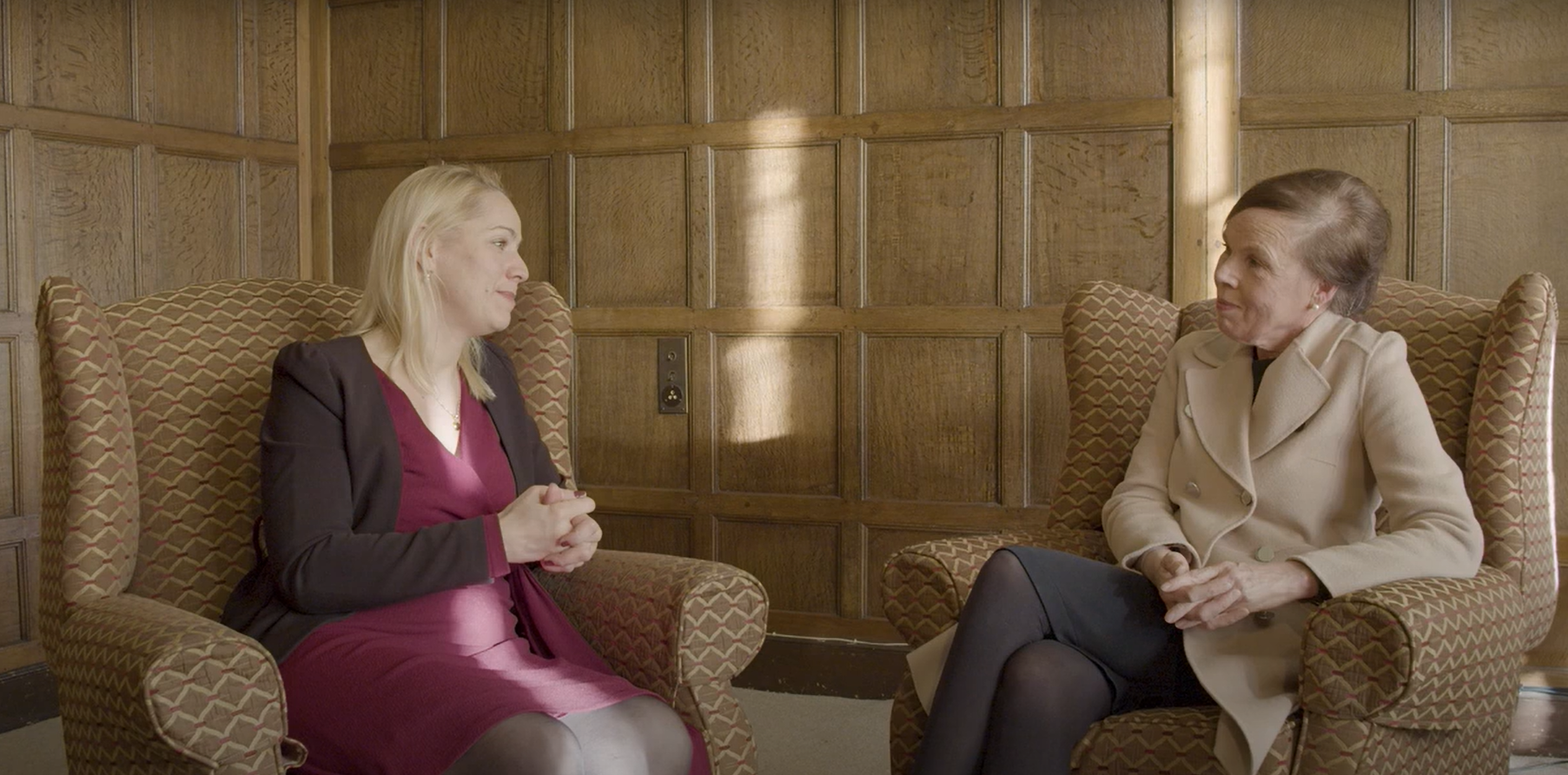In association with the Swiss Federal Department of Foreign Affairs and Norwegian Ministry of Foreign Affairs.
The majority of armed conflicts today occur in countries at low levels of development. Poverty, inequality, and underdevelopment may not in themselves cause armed conflict and human rights abuses, but they can be contributing or enabling factors. Moreover, armed conflict and authoritarianism, and the humanitarian disasters and massive human rights abuses that often accompany them, can have an immensely negative and long-lasting impact on development. How can transitional justice deal with social injustice and patterns of inequality, discrimination and marginalization? How can transitional justice contribute to addressing the underlying causes of a conflict? How can (or should) transitional justice have a more direct impact on reducing social and economic inequality?
The World Bank’s ‘2011 World Development Report: Conflict, Development, and Security’, and the UN’s recent General Assembly debate on rule of law at national and international levels demonstrate the increasing interest to build better links between human rights, transitional justice and development goals. This theme will also be taken up in discussion of the post-2015 development agenda. These efforts constitute welcome progress; yet translating conceptual discussion into concrete programmes to implement and improve the linkages is challenging. It is however, crucial: as the Arab Spring makes clear yet again, people’s demands for justice everywhere are comprehensive, including dimensions of rights, security and development.
In October 2011, the Human Rights Council (HRC) adopted a resolution creating a Special Rapporteur for the promotion of truth, justice, reparations, and guarantees of non-recurrence. The first Special Rapporteur assumed his mandate on 1 May, 2012. One of the priorities of the first mandate on transitional justice will be to work on the better linkage between transitional justice, the rule of law, development and security.
Key points arising from the discussion include:
- Transitional justice measures need to be sensitive to context; efforts should be made to look for local solutions, and listen to the voice of victims. The ambitious, or ‘idealist’ global agenda needs to meld with local realities, especially in situations where poverty is coupled with inequality.
- Policy-makers should be more modest about what transitional justice can deliver and not over-estimate its impact but make responsible commitments. This also relates to being realistic about institutional capacity. For example, reparations cannot overcome socio-economic inequalities.
- There is a need to create the political conditions in which transitional justice measures can be most effective. This can be done by governments, through actively communicating with its citizens, and with victims helping to drive this process. There needs to be trust in government for transitional justice to work, so that all will invest in it and be made to feel that there will be change. National dialogue can be best created by the stakeholders themselves, the local and national actors.
- Victims need to be at the centre of transitional justice measures; they are often ‘invisible’ and need to be given recognition, as rights-holders. This needs a clear change of culture in the way victims are treated.
- Framing justice development goals is complicated but can be done, and measured, based on interdependent indicators such as effectiveness and fairness. The gender factor also needs to be taken into account: empowering women and ensuring their access to justice is crucial for the development of any society.
Further information
Session 2
Human rights, justice and the rule of law in the post-2015 development goals
Enshrining human rights in development goals
Author: John Hendra, Assistant Secretary-General; Deputy Executive Director for Policy and Programme, UN Women, New York
Download the Speaking notes












